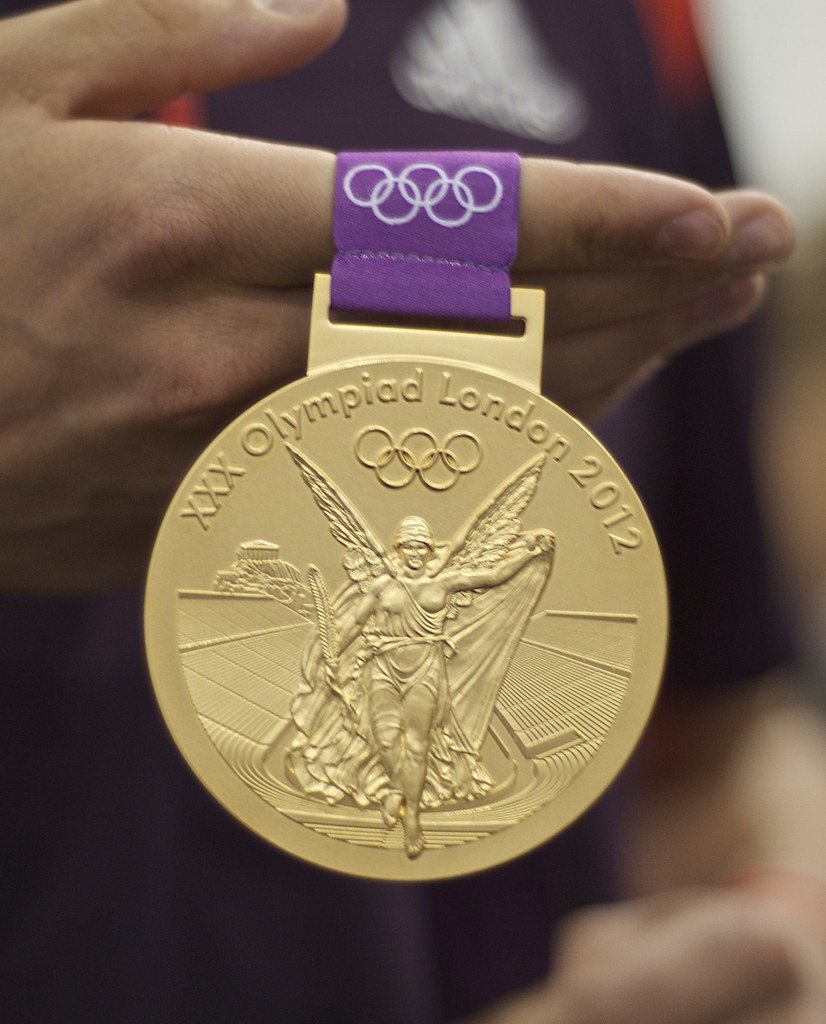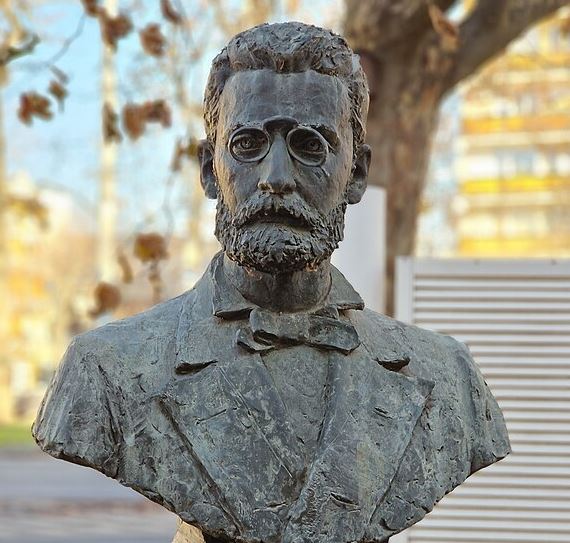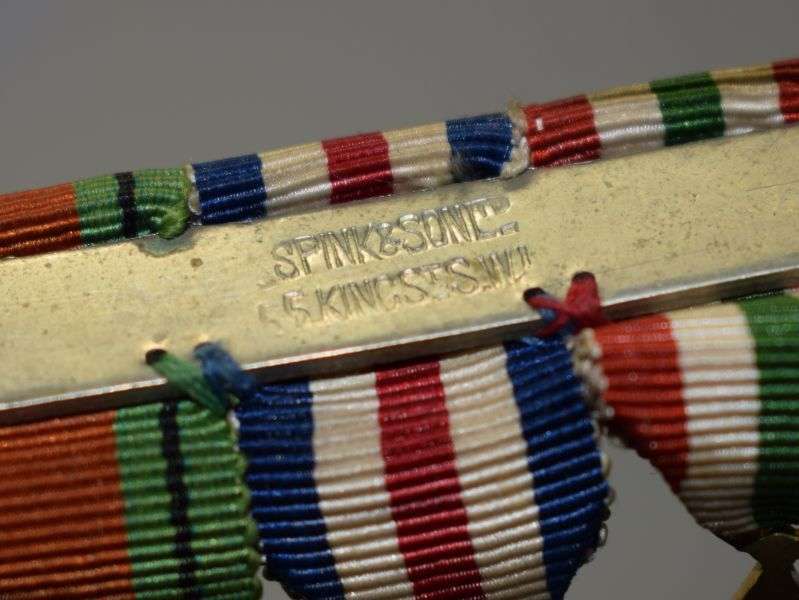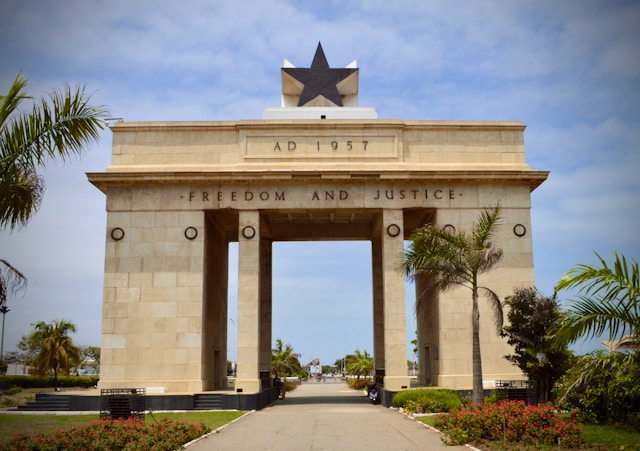During the First World War, numerous poems, novels, diaries, letters, and memoirs were written by men and women, frequently observing the effects of the war on soldiers, spaces, and the homefront. This need to record the experiences of those involved in WW1 produced a boom in publication of war literature, for example in Britain, in the late 1920s and early 1930s.
During the First World War, numerous poems, novels, diaries, letters, and memoirs were written by men and women, frequently observing the effects of the war on soldiers, spaces, and the homefront. This need to record the experiences of those involved in WW1 produced a boom in publication of war literature, for example in Britain, in the late 1920s and early 1930s.
WW1 Poets and Poems
Published poets wrote over two thousand poems about and during the war. Among the most popularly anthologized are lyrics by Siegfried Sassoon and Wilfred Owen, as well as poems by Ivor Gurney, Edward Thomas, Charles Sorley, David Jones and Isaac Rosenberg. However, only a small fraction of the total poems written during the Great War is still known today, with several poets that were popular with contemporary readers becoming obscure as time past.
We have compiled here some of the poems available through wikipedia and other websites. Below, you can also find a list of published work.
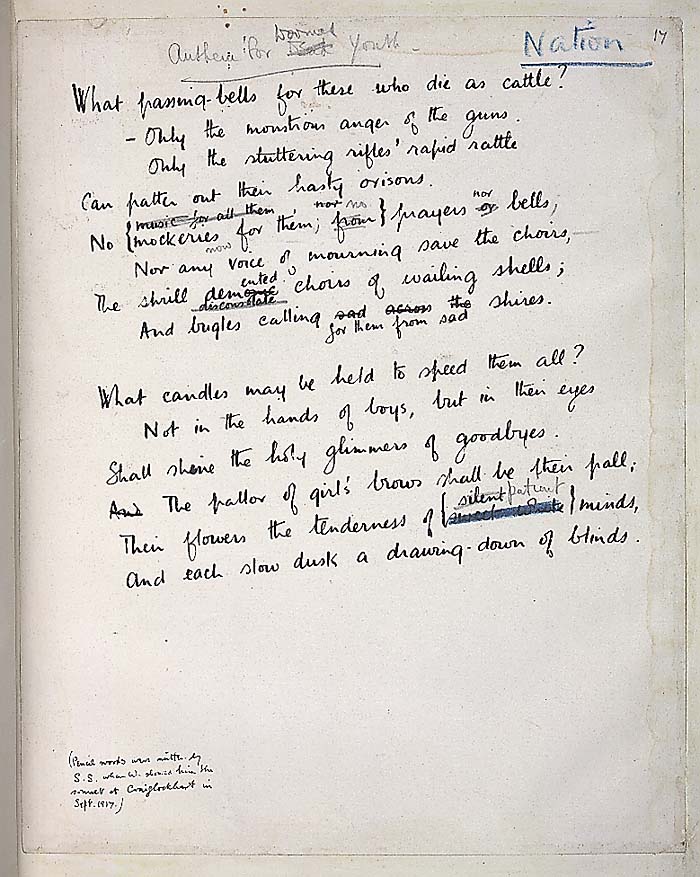
The Great War - WW1 Poetry
How to Die
Dark clouds are smouldering into red
While down the craters morning burns.
The dying soldier shifts his head
To watch the glory that returns:
He lifts his fingers toward the skies
Where holy brightness breaks in flame;
Radiance reflected in his eyes,
And on his lips a whispered name.
You’d think, to hear some people talk,
That lads go West with sobs and curses,
And sullen faces white as chalk,
Hankering for wreaths and tombs and hearses.
But they’ve been taught the way to do it
Like Christian soldiers; not with haste
And shuddering groans; but passing through it
With due regard for decent taste.
Kitchener
NO STONE is set to mark his nation’s loss,
No stately tomb enshrines his noble breast;
Not e’en the tribute of a wooden cross
Can mark this hero’s rest.
He needs them not, his name untarnished stands,
Remindful of the mighty deeds he worked,
Footprints of one, upon time’s changeful sands,
Who ne’er his duty shirked.
Who follows in his steps no danger shuns,
Nor stoops to conquer by a shameful deed,
An honest and unselfish race he runs,
From fear and malice freed.
A Letter from the Front
I WAS out early to-day, spying about
From the top of a haystack—such a lovely morning—
And when I mounted again to canter back
I saw across a field in the broad sunlight
A young Gunner Subaltern, stalking along
With a rook-rifle held at the ready, and—would you believe it?—
A domestic cat, soberly marching beside him.
So I laughed, and felt quite well disposed to the youngster,
And shouted out “the top of the morning” to him,
And wished him “Good sport!”—and then I remembered
My rank, and his, and what I ought to be doing:
And I rode nearer, and added, “I can only suppose
You have not seen the Commander-in-Chief’s order
Forbidding English officers to annoy their Allies
By hunting and shooting.”
But he stood and saluted
And said earnestly, “I beg your pardon, Sir,
I was only going out to shoot a sparrow
To feed my cat with.”
So there was the whole picture,
The lovely early morning, the occasional shell
Screeching and scattering past us, the empty landscape,—
Empty, except for the young Gunner saluting,
And the cat, anxiously watching his every movement.
Thomas of the Light Heart
by Owen Seaman
FACING the guns, he jokes as well
As any judge upon the Bench;
Between the crash of shell and shell
His laughter rings along the trench;
He seems immensely tickled by a
Projectile which he calls a “Black Maria.”
He whistles down the day-long road,
And, when the chilly shadows fall
And heavier hangs the weary load,
Is he down-hearted? Not at all.
‘Tis then he takes a light and airy
View of the tedious route to Tipperary.
His songs are not exactly hymns;
He never learned them in the choir;
And yet they brace his dragging limbs
Although they miss the sacred fire;
Although his choice and cherished gems
Do not include “The Watch upon the Thames.”
He takes to fighting as a game;
He does no talking, through his hat,
Of holy missions; all the same
He has his faith—be sure of that;
He’ll not disgrace his sporting breed,
Nor play what isn’t cricket. There’s his creed.
World War I Poetry Available Online
Wikipedia has an extensive list of poems written about World War I by servicemembers or civilians from various countries. At the moment of writing this article, 234 poems had been added to the list.

